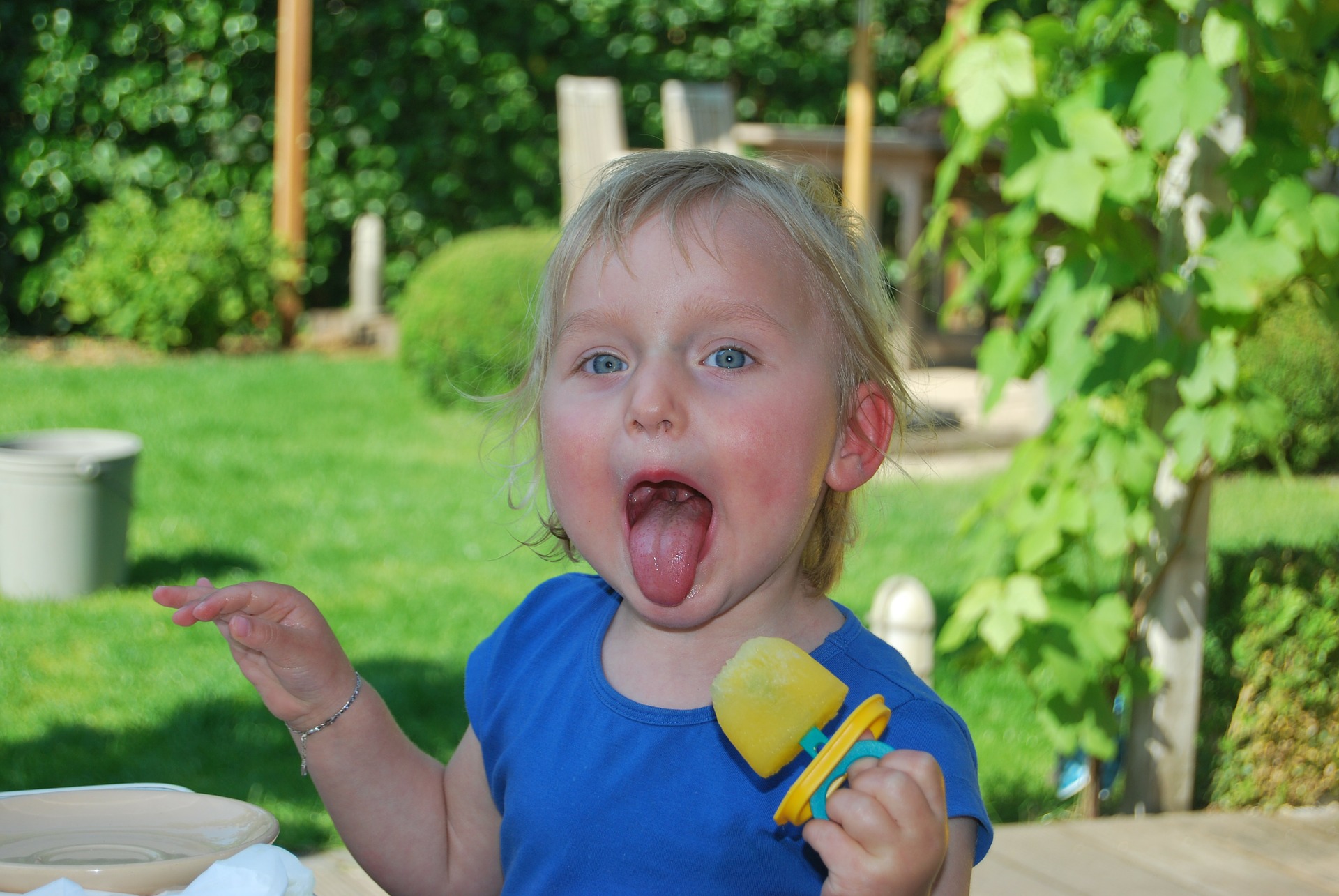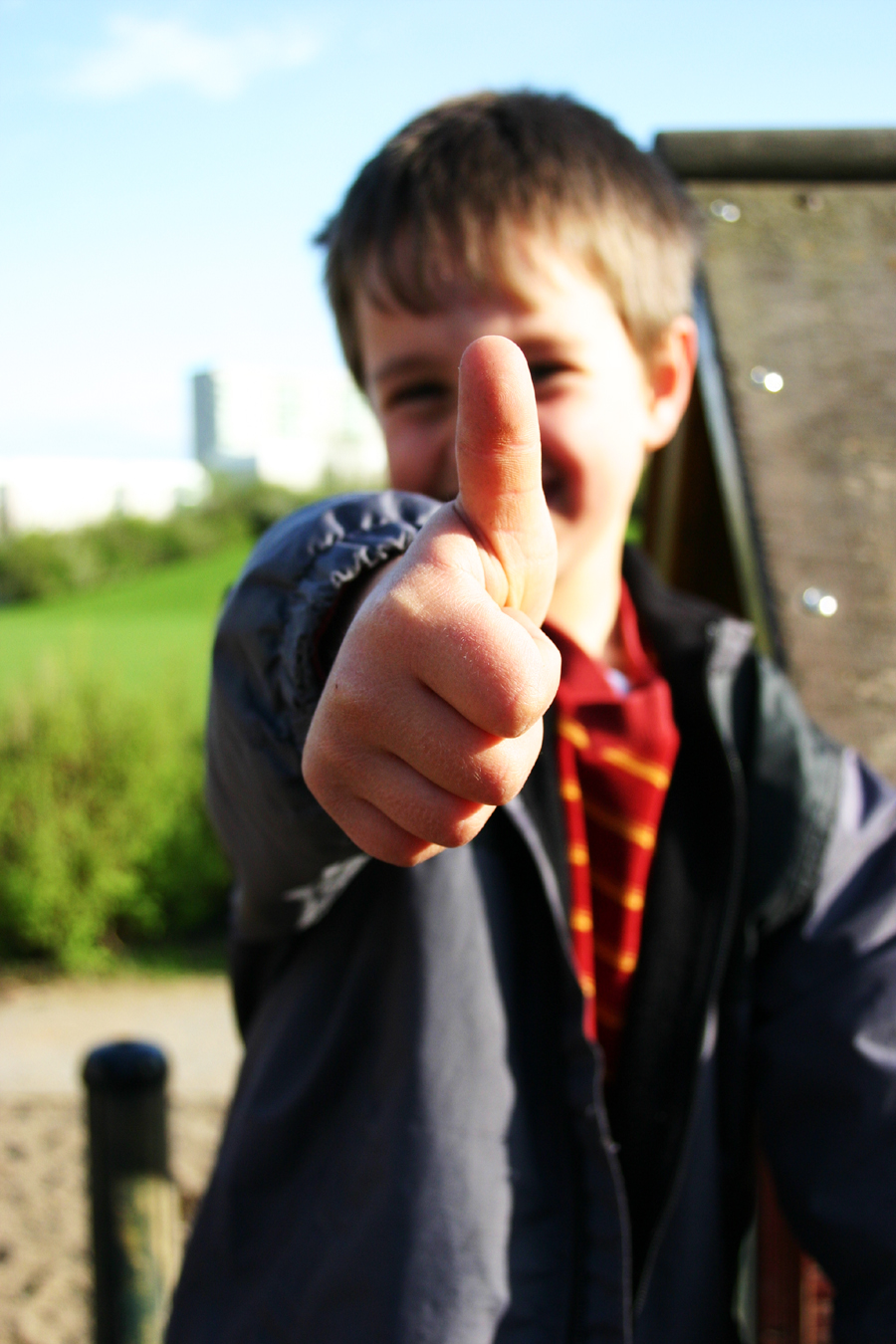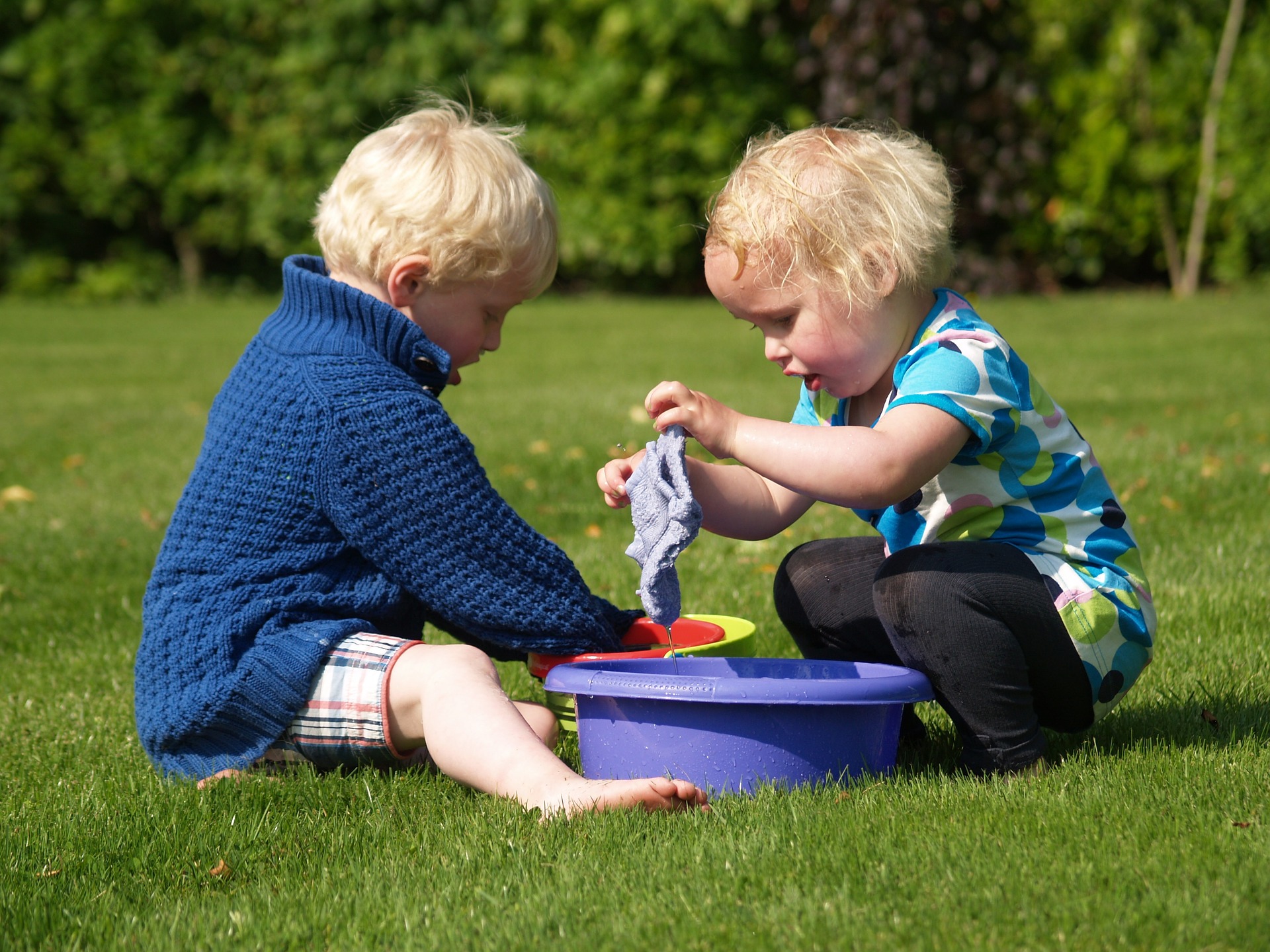Behavioural Model (I)
Why my child like this?
"Why my child like this?" Groupings of What Apps or go shopping on the way over these words will be heard, but why would kids like these? One of the reasons was said to be born; some of them are being influenced by peer; most of them do not know ...... and so on. There are more than above reasons possible, but we want to know that the children's behavior appears, in fact, is subject to many affected if we are able to know what they are thinking? Or that an act how is that children will be able to know why this behavior! In behavioral psychology (Behaviourism), learning behavior, called observational learning theory (Observational Learning Theory). According to the study, Baby has learned from the 21st began to notice and imitate facial expressions and mouth movements. The kids have grown up around the group members will learn from each other; rather through their parents or caregivers, children can learn the social and interpersonal interaction approach. Basically, The major action of Observational Learning Theory is Observation. There are four steps:Attention: In order to learn, you need to be paying attention. Anything that detracts your attention is going to have a negative effect on observational learning. If the model interesting or there is a novel aspect to the situation, you are far more likely to dedicate your full attention to learning. Retention: The ability to store information is also an important part of the learning process. Retention can be affected by a number of factors, but the ability to pull up information later and act on it is vital to observational learning. Reproduction: Once you have paid attention to the model and retained the information, it is time to actually perform the behavior you observed. Further practice of the learned behavior leads to improvement and skill advancement. Motivation:Finally, in order for observational learning to be successful, you have to be motivated to imitate the behavior that has been modeled.Reinforcement and punishment play an important role in motivation. While experiencing these motivators can be highly effective, so can observing other experience some type of reinforcement or punishment; For example, if you see another student rewarded with extra credit for being to class on time, you might start to show up a few minutes early each day. This explains why children often have these behaviors. Therefore, at this moment, the first question and the first people you should ask yourself. After that the other person asked the Baby where he learnt from, it is likely that he just smiled at you! This action may be learning from you. (Eddy, Registered Counsellor)
|
|
















